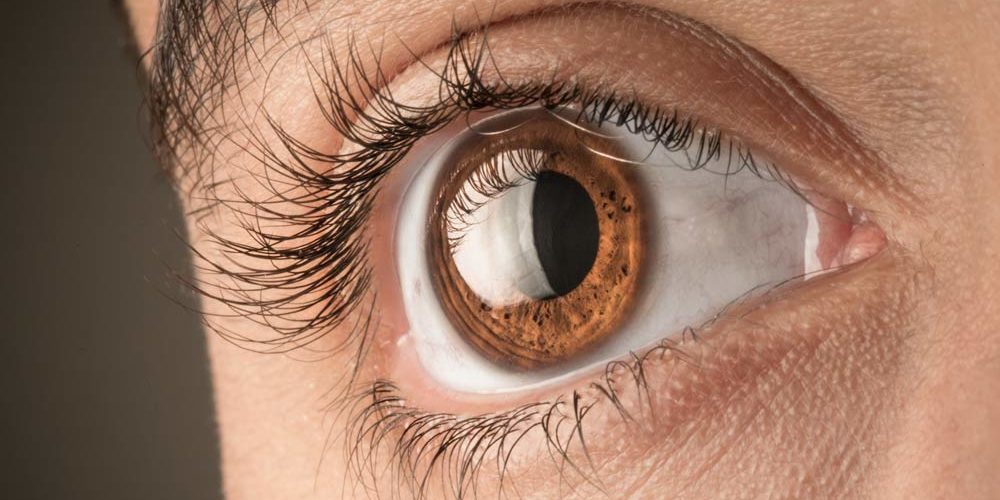We strive to offer our patients friendly and personalized care. We specialize in the treatment of disorders and diseases of the cornea. Common diseases we treat include keratoconus, corneal edema, Fuchs’ dystrophy, corneal ulcers, dry eye, infection, and corneal scarring.

The cornea is a transparent tissue located at the front of the eye that helps to focus light and protect the internal structures of the eye. The shape of the cornea is important to the focusing of light on the retina in the back of the eye. This is how images are delivered so you can see. A properly shaped and healthy cornea allows this light to focus clearly, providing crisp vision. It is important that the cornea remain clear so the light can pass through to the retina without being interrupted. If the cornea gets hazy or cloudy, or if the shape of the cornea becomes irregular, vision can be impaired. Some causes of this include age, trauma, or disease. When vision is impaired it is important to seek medical treatment.
Fuchs’ Dystrophy
Fuchs’ dystrophy is an eye disease that usually affects both eyes in which cells lining the inner surface of the cornea start to die off. It is more commonly seen in women than in men and vision problems usually occur around the age of 50, although, doctors may be able to see signs of the disease in affected persons at an earlier age.
Keratoconus
Keratoconus is a disease that creates thinning of the cornea. Normal pressure within the eye causes the cornea to have a round dome shape, like a ball. However, sometimes the tiny fibers of protein that help hold the cornea in place and keep it from bulging become weak, and the cornea bulges outward like a cone. This change in the cornea’s shape can have a dramatic impact on one’s vision. It normally affects both eyes, but usually progresses at different rates.
For Fuchs’ dystrophy, early stages can be treated with eye drops or ointments that draw fluid out of the cornea. When severe, a partial thickness corneal transplant, DSEK or DMEK, can be performed.
For Keratoconus, 20% of patients may at some time need to undergo a full thickness corneal transplant. Prior to surgery, keratoconus is treated with rigid contact lenses to reshape and flatten the pronounced curve of the bulging cornea and to improve vision. For patients who are contact lens intolerant, there is now a revolutionary new procedure available using Intacs prescription inserts. Intacs provide a new option to improve both corrected and uncorrected vision and may defer the need for a corneal transplant. In addition, most keratoconus patients are eligible for a procedure called, Cross-linking therapy.
For more information about corneal diseases and disorders, please give us a call to schedule your examination.
At Colorado Eye Institute, we serve patients utilizing state-of-the-art technology in a state-of-the-art facility. One of the great benefits you’ll experience at Colorado Eye Institute is every stop from beginning to end being done in-house. We won’t send you from location to location seeing different doctors and staff; you will see the same familiar faces throughout your entire experience. You will also receive personalized service from us as we strive to understand every patient’s concerns and goals. We make sure you are comfortable and provide exceptional care along the way. Our patients are very dear to us and part of our Colorado Eye Institute family!
James Lee, M.D., specializes in customized cataract surgery, LASIK, keratoconus, and corneal and external diseases of the eyes. He also performs the most advanced types of corneal transplants including DSEK, DMEK, and laser assisted procedures. He also practices comprehensive ophthalmology.